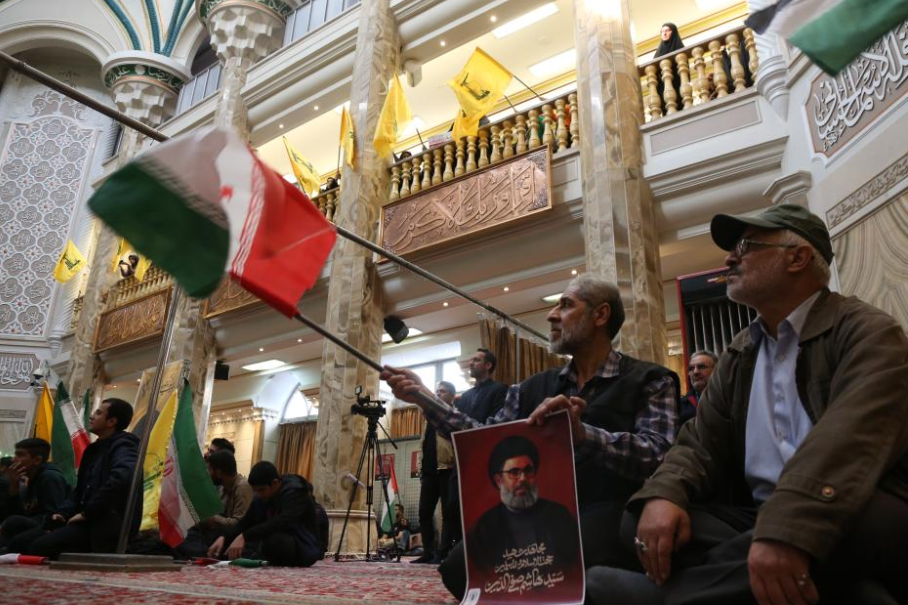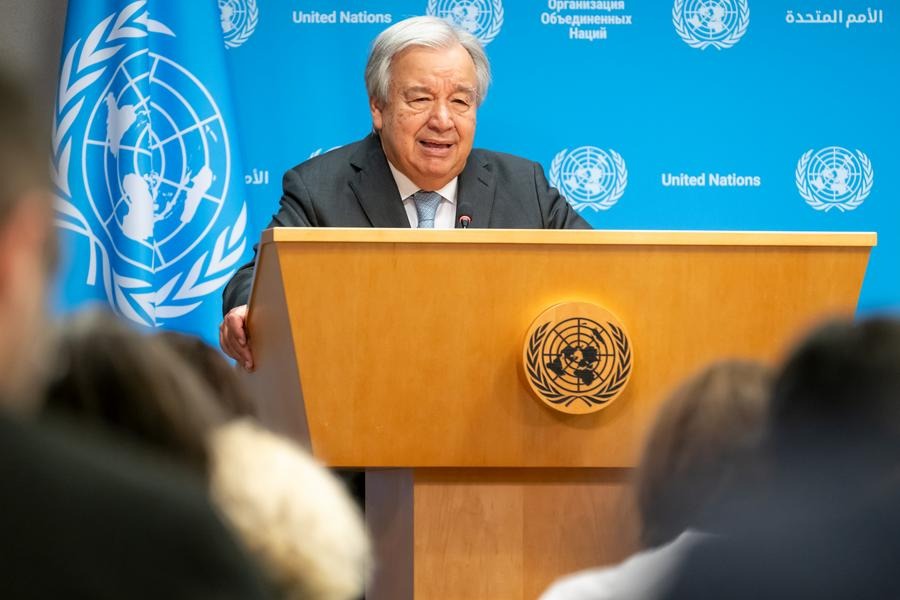Lunar soil samples land in Bangkok


Chang'e 5 mission
China's most sophisticated and challenging space adventure — the Chang'e 5 robotic lunar mission — ended successfully in late 2020. The historic 23-day expedition took lunar samples back to Earth, making China the third country to achieve this feat after the United States and the former Soviet Union.
"Thailand became the first destination for the samples' overseas exhibition, which proves the friendship between Thailand and China. Many Thai people have a space dream, including me, and the chance to have a close look at lunar soil is precious," Suppawat Zhou, a volunteer for the exhibition, said.
Thailand has joined the International Lunar Research Station program, initiated by China, on cooperation in the exploration and peaceful use of outer space, according to a memorandum signed by both countries in April.
Last year, as part of China's endeavor to boost international lunar research cooperation, Chinese scientists working for the CNSA selected a scientific instrument developed by their Thai peers to study space weather and cosmic rays to be part of the Chang'e 7 lunar mission.
"China has made lots of impressive technological breakthroughs over the past years. There are great opportunities for Thailand to realize our own development with the support of China's leading technologies," Arm Tungnirun, director of the Chinese Studies Center at the Institute of Asian Studies at Chulalongkorn University, said. "The cooperation on space study is a great example. If we cannot realize our space dream on our own, we can still achieve the aim by collaborating with China."

































